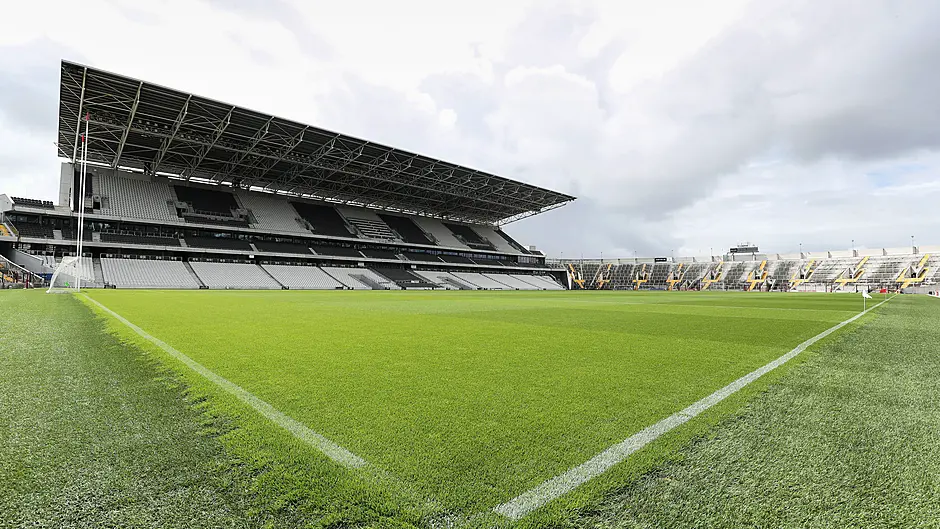BY JOHNNY CAROLAN
TUESDAY, November 7th is set to be a significant night in terms of Cork GAA governance as a county board meeting at Páirc Uí Chaoimh will make a number of key decisions.
Prior to the monthly board meeting, a special convention will take place. There will be just one item on the agenda for this meeting, centred around revising the current county bye-law governing divisional sub-committees.
The proposed new wording intends to deepen the current bye-law and create greater standardisation between the divisional sub-committees in regard to management officers, whose terms will now be limited to five years. Presidents and vice-presidents may be appointed, with their terms to be decided by the divisional committee.
Should the motion be passed, divisions would have to submit formats and calendars for all league, championship, U21/U20 and secondary competitions, for approval from the county committee each year before January 31st. A 60 percent majority will be required for the new protocol to be put in place.
At the county board meeting that will follow, clubs will vote on each of the 19 regulations being put forward by the county board’s competitions control committee for the running of championships and leagues for 2024.
Regulation number 19 will be focused on the age of eligibility, which will in turn decide whether or not Rebel Óg’s minor grade will stay at U17 or return to U18.
Another regulation of interest will be number 2, which proposes introducing goals scored as an additional tie-breaker if scoring difference and total points scored cannot be used to separate sides.
In this year’s Bon Secours Hospital Premier SFC, Douglas, Mallow and St Michael’s finished level on points in Group C behind St Finbarr’s. While head-to-head record is the first tie-breaker when two teams have the same number of points, if three or more are level then scoring difference is called into play. Mallow’s tally of minus-18 eliminated them but the southside city clubs both had minus-seven. In such a scenario, total points scored is the next method used but they were also level here, scoring 34 and conceding 41.
That meant that they had to contest a play-off to determine who advanced to the quarter-finals, with Douglas triumphing by a point – as they had when the sides met in the opening set of group fixtures.
The addition of goals scored will make play-offs less likely, as will a slight change to the method of separation when more than two teams finish level on points. If, say, three teams have the same points and one of them has a worse scoring difference, the head-to-head meeting between the remaining two would be used if scoring difference, total points score and goals scored were unable to separate them. Had that been in place this year, Douglas’s 2-8 to 2-7 win over Michael’s at the end of July would have seen them progress without the need for the play-off.
It should also be noted that, while a rule change came in at the GAA’s annual Congress this year with regard to scoring difference, it is not binding on counties. Under the change, it was decided that, if scoring difference was to be used, it would only be from the games involving the teams that were tied, but counties can deviate from this if they wish and Cork will continue to apply scoring difference from all matches played by the teams involved.










